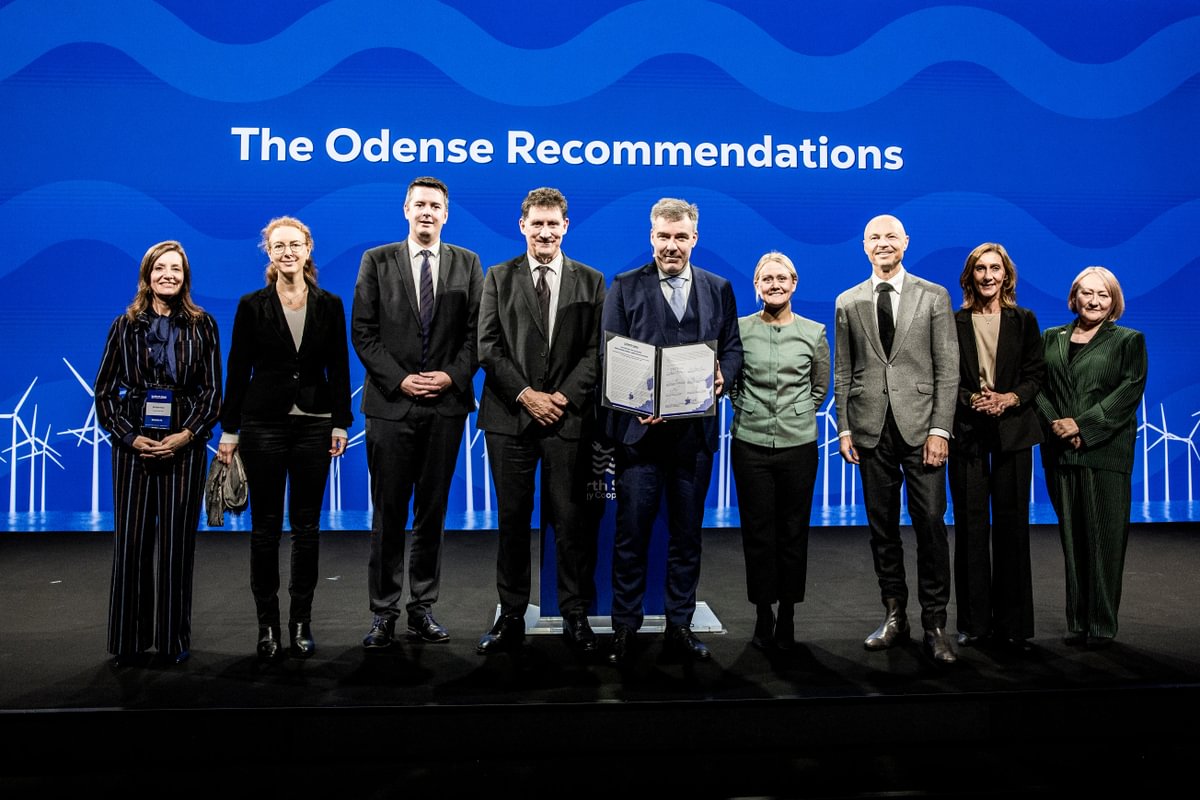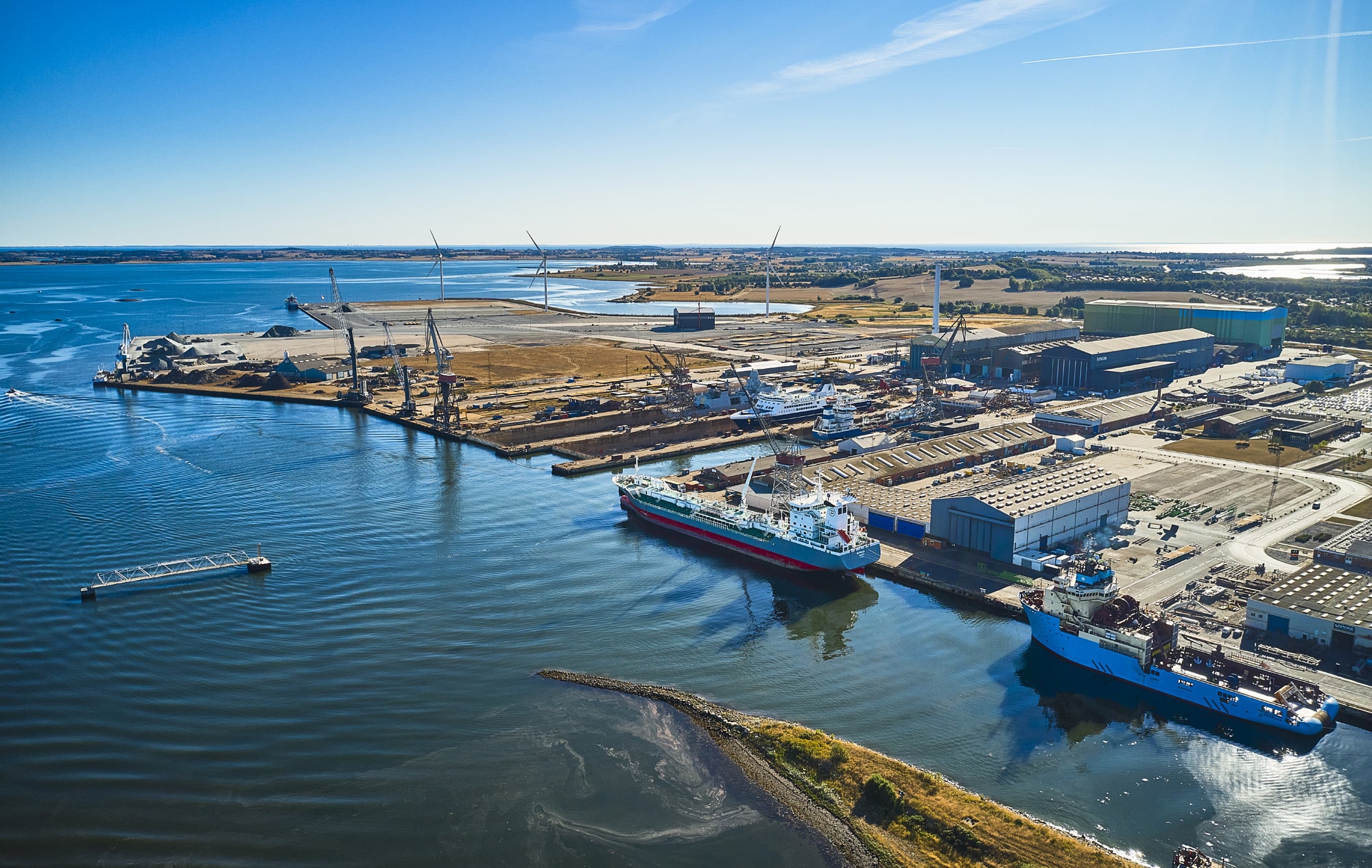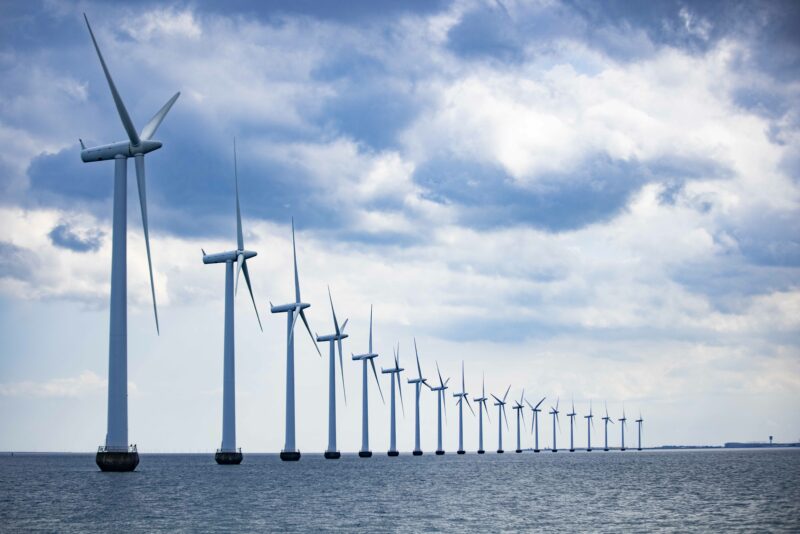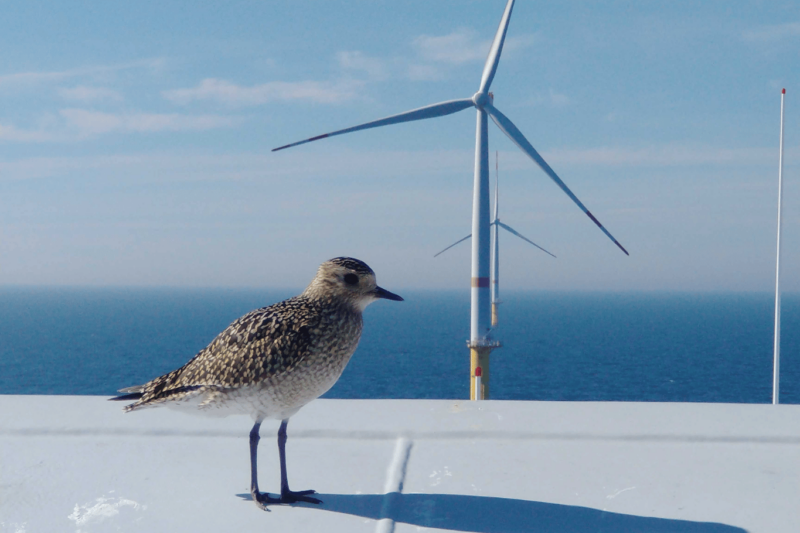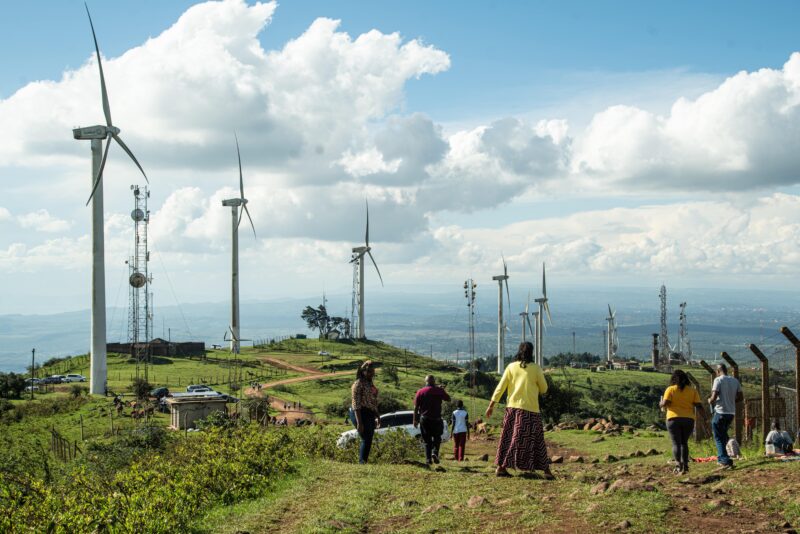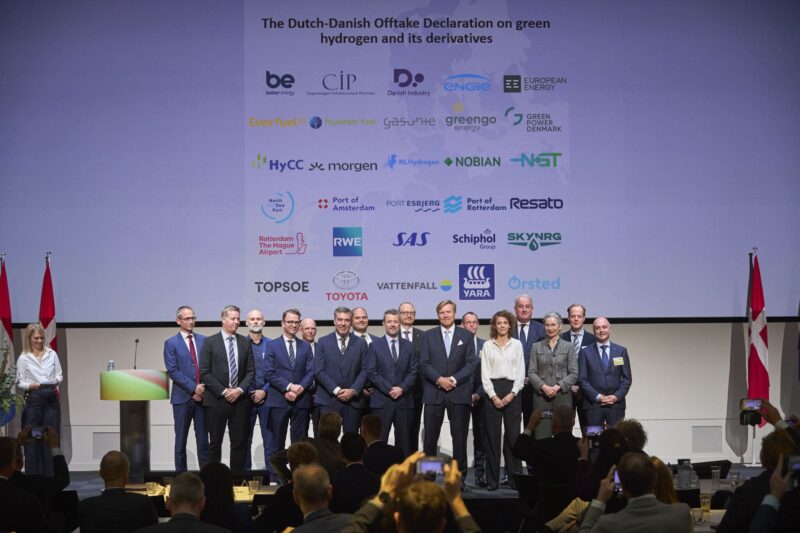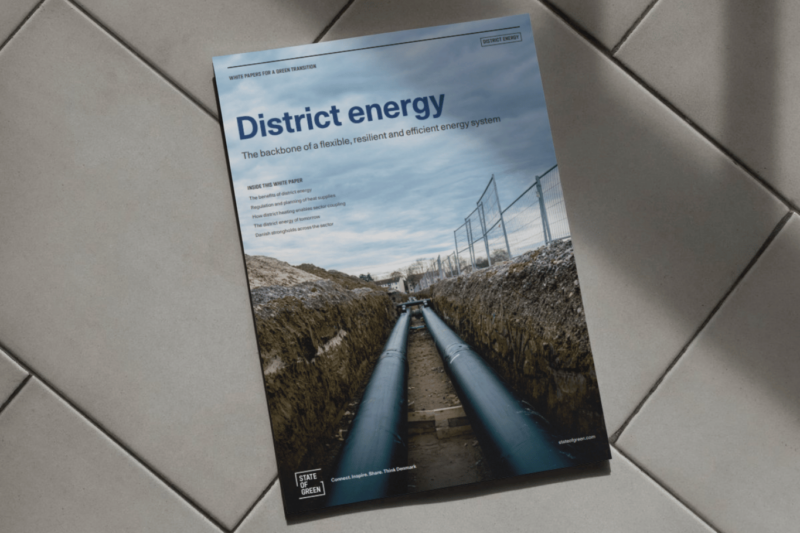The North Seas have what is needed to be Europe’s green energy hub, catalysing the continent’s industry transformation and creating thousands of jobs as the ambitions for at least 300 GW of offshore wind in the North Sea are to be fulfilled.
To realise the potential, energy ministers from Belgium, France, Germany, Ireland, Luxembourg, the Netherlands, Norway and Denmark have agreed on a set of common recommendations to promote the expansion of renewable energy in the North Sea.
Delivered during the North Seas Ministerial Meeting held on 24 October at Odense Port, which has successfully transformed itself from a former shipyard to a production site for large wind turbines, the ‘Odense Recommendations’ represent the countries’ collective input to the new European Commission.
The recommendations outline specific measures to ensure a well-functioning internal energy market, strengthen European competitiveness and supply chains, promote framework conditions for hybrid projects, explore new approaches to investments in renewable energy projects and continue the development of green hydrogen in the North Sea:
- Work on new approaches to sharing the benefits and costs of hybrid projects and large infrastructure projects compared to the current method.
- Urge the Commission to actively follow up on the Draghi Report on European competitiveness and the Letta Report on the future of the single market.
- Recommend the Commission to establish a “Transparency Framework” that not only provides better overview and clarity regarding tenders and their timelines but also offers better insights into port facilities for wind turbine shipping, production facilities, and other demands.
- Urge the Commission to ensure a closely coordinated use of non-price criteria to strengthen European industry and resilience.
- Recommend the Commission to take additional steps to make permitting procedures more effective for renewable energy projects.
- Enhance the access to EU funding for energy projects by streamlining procedures and promoting projects of European value (PCI projects).
- Introduce a longer time horizon for future network development plans to ensure optimal planning for infrastructure projects and to focus more on connecting renewable energy potential to demand centers.
- Take steps to support the development of renewable hydrogen in the North Seas by improving infrastructure integration and planning.
- Build on the MoU between the North Seas Energy Cooperation (NSEC) and the United Kingdom to take steps towards a more effective and constructive cooperation.
About the North Seas Energy Cooperation (NSEC)
The North Seas Energy Cooperation is a collaboration on offshore wind and electricity grids in the North Sea between Belgium, the Netherlands, Luxembourg, Ireland, France, Norway, Sweden, Germany and Denmark, with the participation of the European Commission. After Brexit, the UK participates at a technical level.
The cooperation started in the summer of 2016, with Denmark holding the presidency from the summer of 2018 until the end of 2019. Denmark has again taken over the presidency in 2024.
Read more
